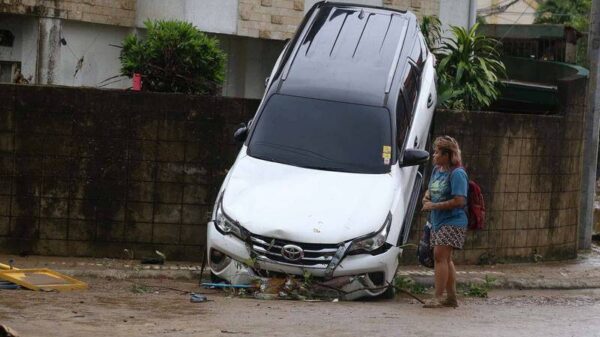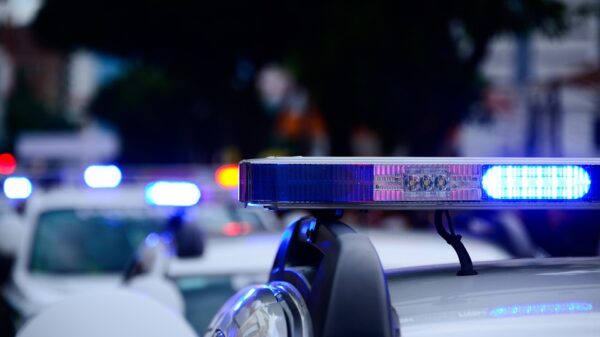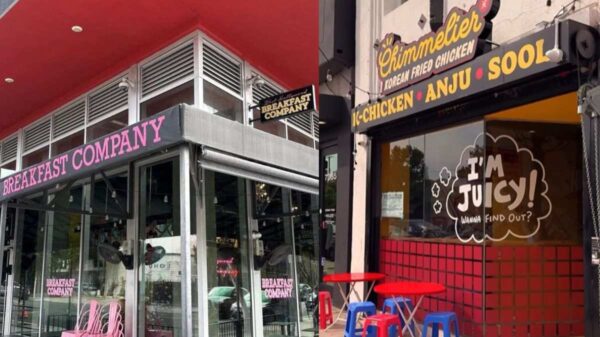A new initiative at Sydney Airport aims to protect tourists from taxi scams by introducing a fixed fare of $60 for rides into the central business district (CBD). This trial, set to begin on November 3, 2023, is a response to ongoing issues of overcharging and scams that frequently target visitors immediately upon arrival.
After a long international flight, travelers often feel tired and disoriented. Many may struggle with language barriers and unfamiliarity with local currency and payment systems. These factors make them vulnerable to unscrupulous taxi drivers who may inflate fares or take unnecessarily long routes. Reports indicate that this problem is not limited to overseas destinations; tourists in Australia have also faced significant overcharging.
The New South Wales Government has stepped in to address these issues, launching a 12-month trial that aims to standardize taxi fares from the airport to the CBD. The fixed fare includes all applicable fees and tolls. While this approach is an improvement, passengers will still pay drivers directly, leaving room for potential scams.
Internationally, several airports have adopted effective strategies to mitigate similar issues. For example, at Tokyo’s Haneda Airport, taxis offer fixed fares that vary by district, ranging from $80 to $130. In Lima, Peru, travelers can prepay for their taxi at an official booth, receiving a coupon to present to their driver, effectively eliminating any chance of fare manipulation. Meanwhile, Denpasar in Bali provides options for both prepaid and metered taxis, allowing passengers to choose their preferred payment method.
To further protect themselves, travelers can take several precautions. Researching average fares in advance can provide a baseline for expectations. It is advisable to avoid drivers who approach passengers directly in the arrivals hall and instead use the official taxi rank. Once in a taxi, passengers should ensure that the meter is running and feel free to exit if a driver suggests a fixed fare.
In addition to taxis, rideshare services have gained popularity at airports due to their transparent pricing models. Fare estimates are set automatically through apps, reducing the risk of scams and allowing passengers to enter their destination directly. This minimizes the chances of miscommunication regarding the drop-off location.
Public transportation remains another viable option for airport transfers. While often more affordable, it eliminates the risk of overcharging. For instance, dedicated airport train lines can bypass traffic congestion and provide a frequent service. However, travelers should be aware of the $17.92 access fee for using the Sydney Airport train network.
As the trial for fixed taxi fares unfolds, it will be interesting to see its impact on passenger choices. Many travelers already prefer alternative transportation methods, and if fixed fares expand to cover more areas of Sydney at competitive rates, it could enhance customer satisfaction and potentially serve as a model for other Australian cities.
Scams can occur at any airport, particularly those with high international traffic. Being informed and cautious can significantly reduce the risk of falling victim to fraudulent practices. With heightened awareness and improved systems, travelers can focus on enjoying their journeys rather than worrying about the possibility of being overcharged. For more insights on travel safety, visit Michael’s Time Travel Turtle website.


































































